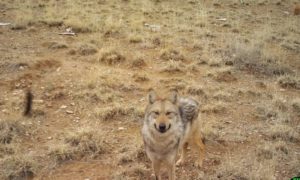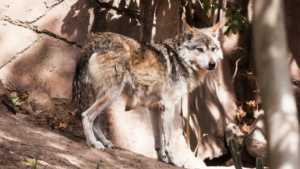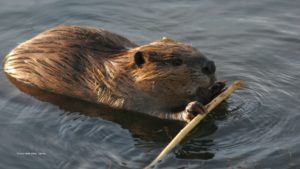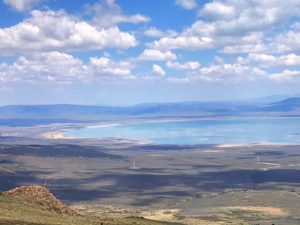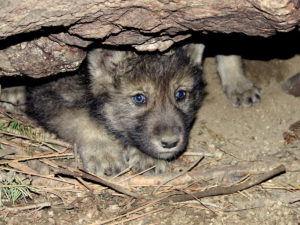For immediate release March 1, 2021
Media Contacts:
Matthew Koehler, WildEarth Guardians, (406) 396-321, mkoehler@wildearthguardians.org
Jocelyn Leroux, Western Watersheds Project, (406) 960-4164; jocelyn@westernwatersheds.org
Lizzy Potter, Advocates for the West, (503) 954-2721, epotter@advocateswest.org
SPOKANE, Wash. – Friday afternoon, conservation groups moved to enjoin domestic sheep grazing on seven allotments on the Okanogan-Wenatchee National Forest pending the outcome of their lawsuit filed last November. The Preliminary Injunction request cites the potential for catastrophic outcomes to nearly half of the wild bighorn in Washington state and that the Forest Service has failed to plan for or require separation between domestic sheep and bighorns to prevent disease outbreaks among the bighorns.
“Nearly half of bighorn sheep in Washington are at significant risk due to the Forest’s actions,” said Greg Dyson of WildEarth Guardians. “It’s worth halting this ongoing risk while a court considers what steps the Forest Service must take to avoid catastrophic losses to the wild sheep that Washingtonians have worked so hard to recover.”
Bighorn sheep are at risk of Mycoplasma ovipneumoniae, a pathogen carried by domestic sheep that causes serious illness in wild bighorn sheep. The pathogen causes pneumonia and can even be passed to unborn lambs. Poor lamb recruitment and disease persists in the sickened herd for several years or even decades, which puts neighboring herds at high-risk of developing the contagious disease as well. The allotments at issue in the lawsuit create a risk for six bighorn herds on the Forest.
“Die-offs are not a hypothetical threat; we’ve seen fatal diseases spread on the Forest between domestic sheep and Cleman Mountain herd of bighorn as recently as late 2020,” said Jocelyn Leroux, Washington and Montana director for Western Watersheds Project. “Even one or two instances of contact can cause the pathogen to spread from domestic sheep to their wild cousins. It’s not worth the risk.”
“The Forest Service has known for years that the risk of contact and disease transmission on these allotments was high, and yet the agency has failed to move forward with any scientifically-supported changes to prevent a dire outcome,” said Lizzy Potter, the attorney from Advocates for the West representing the plaintiffs.
####

